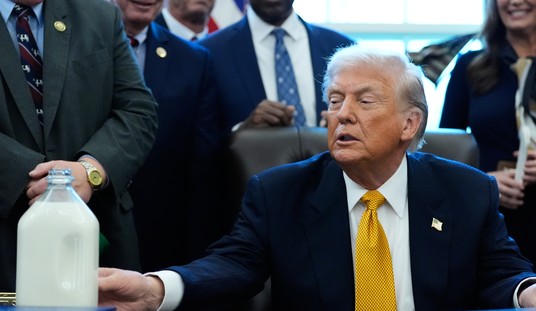If you wanted to get a package of pathogens or illegal drugs or even a small dirty bomb into the country, you no longer need low-altitude flights into remote airstrips or fast motorboats in the dead of night.
Just send them through the mail.
Nobody’s checking.
According to a recent study by Copenhagen Economics, a European think tank that deals in competition, regulation and trade issues, the U.S. Postal Service has no idea what people are sending into the country through the mail.
In some cases, we’re receiving the reports and not reading them. In others, we’re not receiving them nor are we asking for them. And that matters in a number of ways.
One obviously is security.
After 9/11, airports, harbors and other points of entry upgraded security dramatically. An entire cabinet department – the Department of Homeland Security – was established from more than two-dozen existing federal agencies to get a handle on who and what was entering the country.
Dubai Ports was denied a contract to manage some American port facilities for security reasons. The much-reviled Transportation Security Administration was established to secure America’s airports, even though the existing private security forces did not make any mistakes that contributed to the attack.
The Postal Service has not kept pace. It still neither electronically tracks packages sent through foreign postal services nor traces such packages at any point in the shipping process.
In the first half of this year, Copenhagen Economics researchers sent more than 200 shipments into the U.S. from 10 of our largest trading partners. About half went through express services and half through the national postal services of other countries, such as China Post and Canada Post.
Recommended
According to the study, express carriers, such as Fed-Ex and UPS, met their reporting requirements 98 percent of the time.
But the study found that, of the packages that came from other postal services and were delivered in the U.S. by the Postal Service, “none … submitted any electronic data detailing the items being sent.”
“The lack of intelligence about postal packages crossing over America’s borders seems to represent a real security and public income protection risk,” said Bruno Basalisco, a senior economist at Copenhagen and a co-author of the study, told a reporter.
That risk is even more acute when one considers other recent news. In September, the Postal Service signed an agreement with Cainiao, the logistics arm of Alibaba, the Chinese ecommerce giant, to speed the delivery of China-made products to the United States.
That’s right. We’ve streamlined the process by which packages can flow from China into the U.S. with minimal security. What could go wrong?
Another is money. Any package with goods worth more than $200 must be declared and customs collected on it. Failure to collect those fees not only costs the treasury, it gives foreign sellers an unfair advantage over their American competitors.
The Copenhagen Economics study also found that, of the 170 million shipments that went from a foreign postal or express service and were delivered in the country by the U.S. Postal Service, no customs forms were submitted and no duties were collected. That’s more than $1 billion foregone for the U.S. Treasury, not to mention a substantial advantage for the foreign firms shipping into the U.S. over their domestic competitors.
The Postal Service must get a handle on this quickly. Other agencies, such as Customs and Border Protection, the Department of Agriculture and the Food and Drug Administration, count on the Postal Service to track what comes into the country for their own enforcement efforts.
And the problem is only going to grow.
Ecommerce has increased more than 1,000 percent in the last 14 years, and international purchases now account for 6 percent of ecommerce sales. More than 30 million Americans purchased products and had them shipped in from other countries in 2014, and that number is expected to exceed 40 million within two years. International ecommerce now totals $230 billion and is expected to reach $1 trillion by 2020.
The Postal Service has a lot of priorities these days. It delivers fresh fish to restaurants in Manhattan. It operates grocery delivery services. It’s even trying to get Congress to let it ship alcohol.
But its first priority needs to be to get a handle on what is getting shipped into the United States, who owes us customs or other fees, and how we might prevent our adversaries from visiting catastrophe on us through the mail.
























Join the conversation as a VIP Member